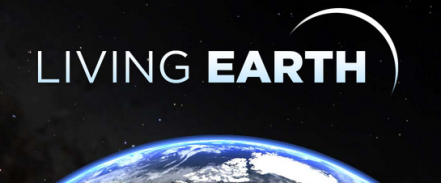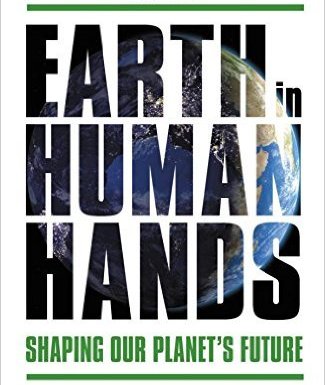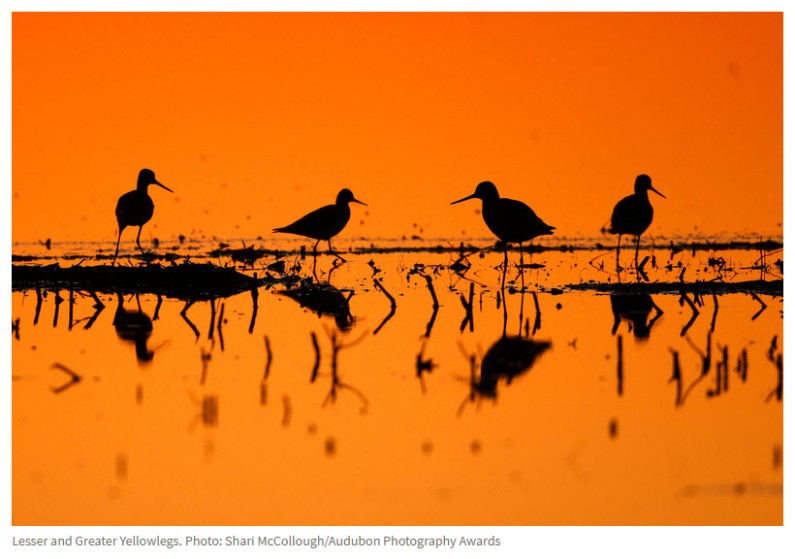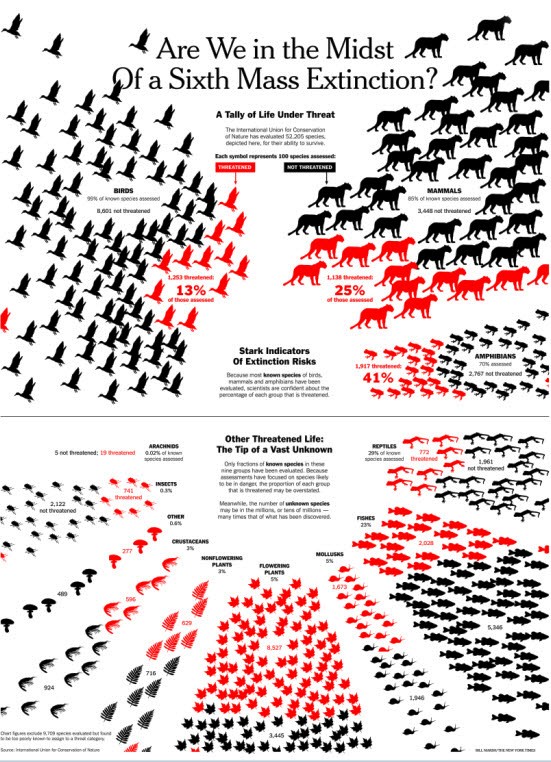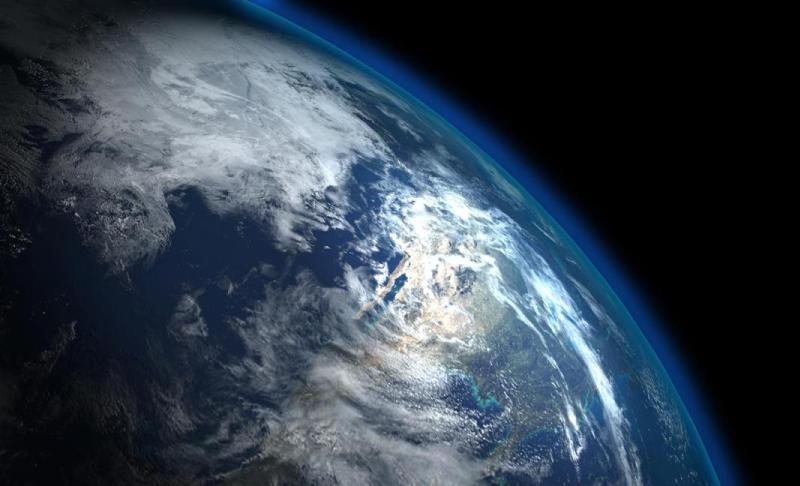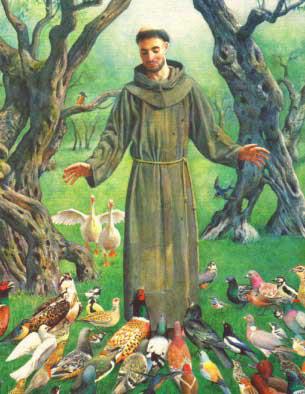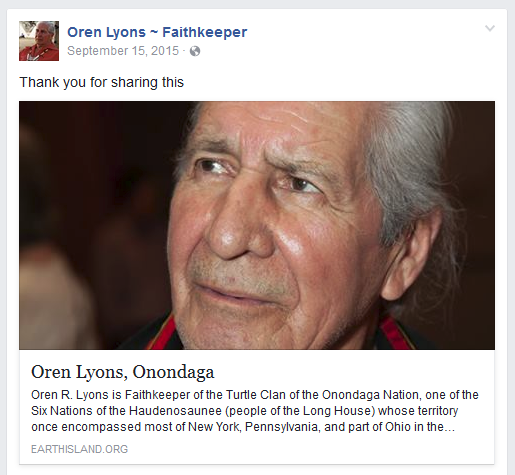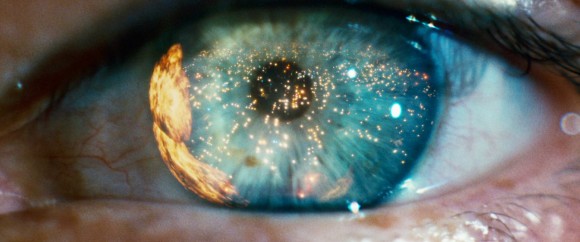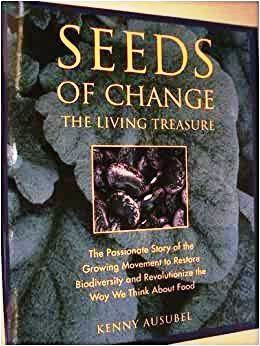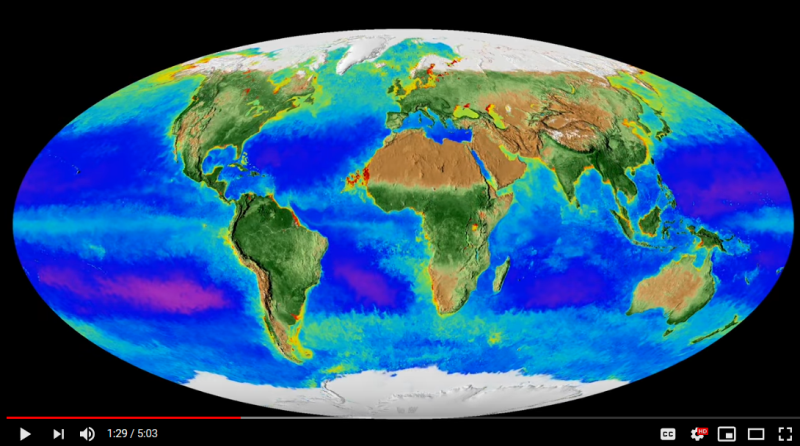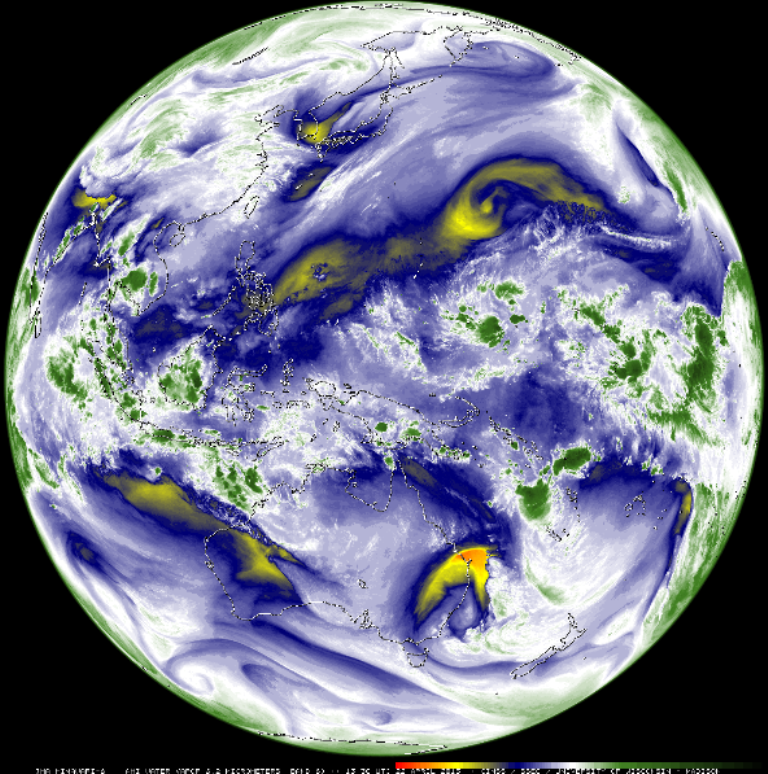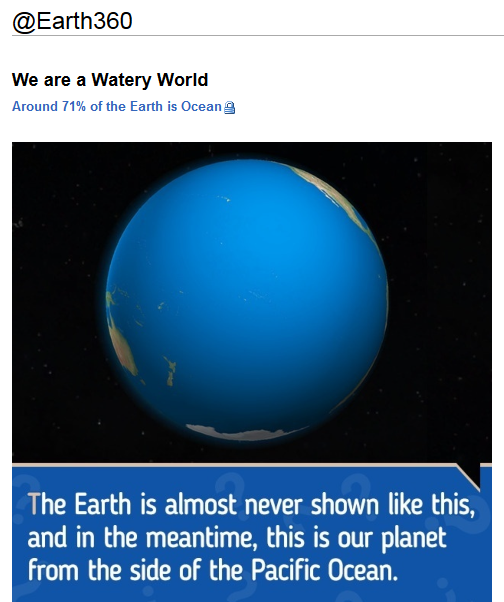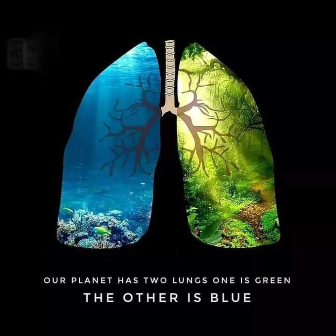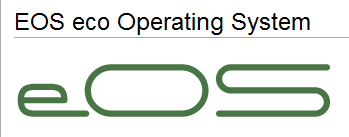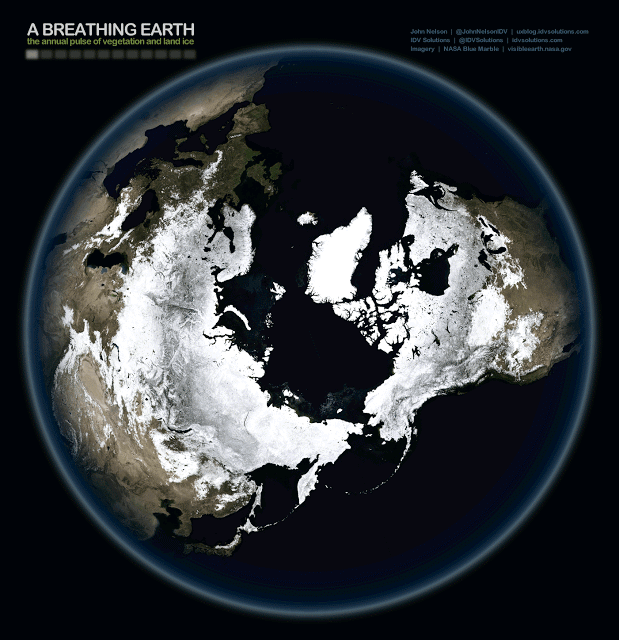Planet Citizen Vision of Living Earth
Planet Citizen Vision of Living Earth
The Living Planet Index (LPI)
"Tracking the health of nature over 50 years"
The Living Planet Index (LPI)—which tracks populations of mammals, birds, fish, reptiles, and amphibians—reveals an average 69% decrease in monitored wildlife populations since 1970. The 2022 LPI analyzed almost 32,000 species populations. It provides the most comprehensive measure of how they are responding to pressures in their environment.
The Living Planet Report
Via the World Wildlife Fund (WWF)
Wildlife populations plummet by 69%
The Living Planet Report 2022 is a comprehensive study of trends in global biodiversity and the health of the planet. This flagship WWF publication reveals an average decline of 69% in species populations since 1970. While conservation efforts are helping, urgent action is required if we are to reverse nature loss.
Interlinked emergencies: Climate change and biodiversity loss
The evidence is unequivocal—we are living through the dual crises of biodiversity loss and climate change driven by the unsustainable use of our planet’s resources. Scientists are clear: unless we stop treating these emergencies as two separate issues neither problem will be addressed effectively.
Our broken relationship with nature
Climate change and biodiversity loss are not only environmental issues, but economic, development, security, social, moral, and ethical issues too. Industrialized countries are responsible for most environmental degradation but it is developing nations that are disproportionately impacted by biodiversity loss. We all have a role to play in building a nature-positive society that safeguards the planet for the good health of everyone.
- Planetary Awareness | www.planetaryawareness.org
- Time to Turn Around and Act Preserve & Protect Life on Planet Earth
- "The Only Home We Have"
- NASAa
Earth's 'Thin Blue' Atmosphere Enables Life on Earth
- When we act to protect and preserve The Commons, we act to protect life...
NASA
🌎
Every Day Is Earth Day
Climate Policy: Planet Citizens in Action
Vita Activa ...
Integral Ecology Planet Citizen Action
If you were to look at our planet with infrared eyes
Ron Merkord, California (Laser Expert-Caltech Grad) / 2021
If you were to look at our planet with infrared eyes, rather than in the visible spectrum that we're used to, you'd see a darkening layer covering the planet, as the carbon dioxide levels in our atmosphere reach 50% higher than they should be.
It's kind of like putting ink in a pool. It doesn't take much to turn the whole pool dark. Our CO2 emissions from our burning of fossil fuels is turning our atmosphere dark to infrared light, causing the greenhouse effect that is warming our planet, and melting the ice.
○ ○ ○ ○ ○ ○ ○ ○ ○ ○ ○ ○ ○ ○ ○ ○ ○ ○ ○ ○ ○ ○
Oren Lyons, Chief of the Onondaga Iroquois Nation, speaks of ancient wisdom:
- "We are looking ahead, as is one of the first mandates given us as chiefs, to make sure and to make every decision that we make relate to the welfare and well-being of the seventh generation to come...."
- "What about the seventh generation? Where are you taking them? What will they have?"
Seventh Generation Sustainability
GreenPolicy Siterunner: Chief Lyons is one of our favorite Bioneers who has joined with us
-- and helped to open our eyes and hearts for many years...
- New Ways of Seeing Our World
Today's Challenge
The Wisdom of Generational Thinking, Sustainable Living
"The eyes of the future are looking back at us and they are praying for us to see beyond our own time." -- Terry Tempest Williams
Seven generation sustainability is an ecological concept that urges the current generation of humans to live sustainably and work for the benefit of the seventh generation into the future. It originated with the Iroquois - Great Law of the Iroquois - which holds appropriate to think seven generations ahead (about 140 years into the future) and decide whether the decisions they make today would benefit their children seven generations into the future.
Indigenous Vision for a Sustainable Earth
- Sustainable Thinking, Sustainable Design, Sustainable Living,
- Ancient Wisdom, Modern Vision, Future Focus
🌎
SJS / GreenPolicy360 Siterunner: "Can we talk?" These words became a mantra of Joan Rivers and she was a challenging force back in the days of 'early TV'. Before the online world came with its social media mega streaming memes, there was Joan! And her signature phrase, "Can we talk?" needs to be remembered and be a meme today and tomorrow, next week, next month, and forever. I think of "Can we talk?" as like moments of discovery, where a challenge leads to new ideas, exploring 'New Worlds' far from accepted 'Old Worlds'.
Teachers in Joan's world, the U.S. between 1950 to 2000, would explain how the "Old World", "discovered" the "New World and tell stories from school books how Christopher Columbus, a Spaniard or Italian with Spanish support, sailed to the West, across an unknown Ocean with three small ships looking for 'spice in the Far East' and, of course, gold and treasure and inadvertently 'discovered' the native, indigenous peoples of what became know as 'the Americas'.
"Can we talk?" Time to challenge the old ways of seeing and believing... What was never told to school students in old America but should've been told in great detail was what's known as the Doctrine of Discovery. To be more specific, how the Old World discovered the New World and took control/provenance under a Christian Doctrine of Discovery which legally bequeathed all land discovered by European explorers, mainly Catholics, to the Christian sovereigns, colonialists and set a foundation in place for further expropriating and exploiting the lands of ancient peoples. The value systems of the indigenous peoples were deep value systems distinct from the so-called 'discoverers'. The Catholic Pope who first provided a 'bull' giving 'ownership' of the native people's lands to the discovers should have been spoken of by educators, but wasn't.
We speak of the Doctrine of Discovery here. Take a long look at this link...
THE DOCTRINE OF CHRISTIAN DISCOVERY -- via the Onondaga Nation
"The Doctrine of Christian Discovery: Its fundamental importance in U.S. Indian Law and the need for its repudiation and removal"
- By Joseph Heath, Esq.
Here is the story of the legal underpinnings of colonial law globally, how the Church (Catholic Church) and nations of Europe combined to claim the 'discovered' lands of the world for their own. The story is one that broke with the value of what we now call today, "ecology", where the land and the wildlife, the connection of the land to the people of the land is intrinsically bound together and the people act to protect, preserve, and honor the multi-generational inheritance of their place within a larger ecosystem of life.
A 21st Century Vision of Agriculture: Healthy Food, Climate, Soil & Water Smart Sustainability
Earth Systems, a NASA "Our Living Planet" Presentation
“To understand and protect our home planet..."
The Original Mission Statement of NASA (1958) provided Congressional intent and guidance to the first generation of space programs. GreenPolicy360's founder heard him speak often of the 'home planet' mission of NASA. I am certain that George, if he were still here, would be doing everything within his power to protect the original mission statement... George believed strongly that the Earth Science of NASA, and agencies such as Landsat's USGS, and all the related educational, scientific, and business organization were essential to protect our lives today and in the future.
Andrew Revkin/July 22, 2006/ NY Times re: the original NASA space program mission statement:
“To understand and protect our home planet; to explore the universe and search for life; to inspire the next generation of explorers ... as only NASA can.”
Atmospheric Science
- Earth Science to Protect & Preserve a Sustainable Earth
- Back to the Beginnings: Earth Science, New Visions of Security
- Time to act to make a positive difference
Planet Citizens, Planet Scientists, Preserving & Protecting the Home Planet Earth
🌎
- Anthropocene
- Atmospheric Science
- Biodiversity
- Bioneers
- Biosphere
- Citizen Science
- Climate Policy
- Digital Citizen
- Digital Rights
- Earth
- Earth Day
- Eco-ethics
- Eco-nomics
- Eco-Spirituality
- Earth360
- EarthPOV
- Earth Imaging
- Earth Law
- Earth Observations
- Earth Science from Space
- Earth Science
- Earth System Science
- Ecology Studies
- Environmental Laws
- Environmental Protection
- Environmental Security
- Environmental Security, National Security
- Envirosecurity
- EOS eco Operating System
- ESA
- Forests
- Global Security
- Green Best Practices
- Green Networking
- GreenPolicy360
- Indigenous Peoples
- NASA
- Natural Rights
- Nature
- Networking
- New Space
- Oceans
- Planet Citizen
- Planet Citizens
- Planet Citizens, Planet Scientists
- PlanetLabs
- Planet Scientist
- Resilience
- Rights of Nature
- Sea-Level Rise & Mitigation
- Seventh Generation Sustainability
- Soil
- Sustainability Policies
- ThinBlueLayer
- US Environmental Protection Agency
- Water
- Wildlife
- Whole Earth
- Youth
